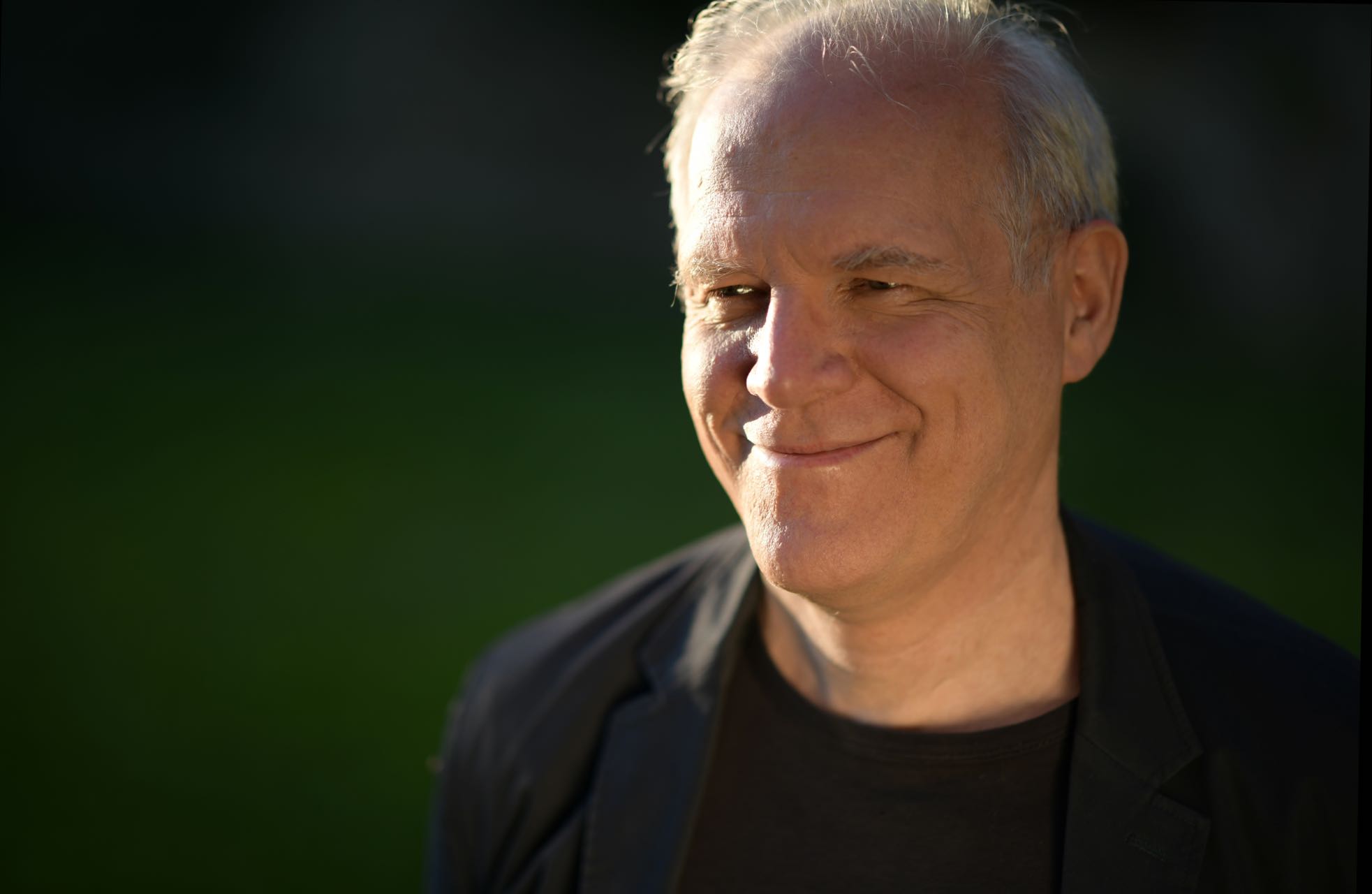Prix Demailly
Description du prix
La SMF, la SMAI et la SFdS, associées à l’Epijournal de Géométrie Algébrique, ont décidé la création du "prix Jean-Pierre Demailly pour la science ouverte en mathématiques". La première édition s'est déroulée en 2024.
Ce prix bisannuel récompense un projet contribuant à la science ouverte dans le domaine des mathématiques, que ce soit pour l’édition scientifique, la collaboration entre mathématicien-ne-s, ou les logiciels libres en mathématiques. La récompense, symbolique, est remise lors d'une session dédiée à la science ouverte en mathématiques organisée pendant une conférence internationale de l'une des associations organisatrices.
Ce prix vise à souligner davantage l'importance de ces questions, ainsi qu'à mettre l’accent sur les contributions au bénéfice de l’ensemble de la communauté scientifique, plutôt que sur des réussites individuelles. Il a été nommé d'après notre collègue en géométrie algébrique Jean-Pierre Demailly qui a beaucoup œuvré pour la science ouverte en mathématiques, en particulier concernant l'édition scientifique, et pour l'enseignement des mathématiques.

Photo: Holly CHEN 2019
Edition 2026
L'appel à candidatures pour l'édition 2026 du prix est ouvert du 5 janvier au 8 mars 2026 (à minuit, heure de Paris).
Pour candidater, merci d'envoyer une présentation du projet que vous souhaitez soutenir en 2 à 3 pages maximum, rédigée en anglais et au format pdf, à l'adresse mail suivante : prixdemailly@episciences.org . La présentation devra permettre d'évaluer l'excellence du projet au regard des différents critères listés ci-dessous.
En cas de problème avec l'adresse mail générique, les questions et candidatures peuvent être envoyées à amandine.veber@parisdescartes.fr.
La bonne réception de votre dossier sera confirmée par mail. Les candidatures reçues après la clôture de l'appel ne seront pas considérées.
Critères de sélection des projets
Règles générales
- Candidatures. Ne seront examinés que des projets ayant fait l'objet d'une candidature. Il est possible de candidater pour son propre projet ou pour un projet que l'on apprécie. Le jury peut solliciter des candidatures.
- Conflits d'intérêt avec les membres du jury. Il revient au comité d'organisation du prix d'identifier les candidatures en conflit d'intérêt avec un ou des membres du jury (et qui ne pourront donc pas être examinées).
- Aspects métier concernés. Sont concernés par ce projet tous les aspects du métier d'enseignant chercheur ou d'enseignante chercheuse : par exemple, enseignement, recherche, édition, ... Les projets liés à la diffusion vers le grand public sont cependant exclus car d'autres prix existent déjà.
Critères de sélection
- Portée du projet. Quelle partie de la communauté mathématique ce projet touche-t-il ? Est-il destiné à tous les mathématicien-ne-s, à une communauté thématique ou géographique en particulier ? Ou, au contraire, va-t-il au-delà de la communauté mathématique (ouverture à d'autres disciplines, au grand public, ...) ? Quels aspects du métier de mathématicien-ne ce projet concerne-t-il ? (recherche, enseignement, édition, ...)
- Caractère innovant et impactant. A quel point le projet se démarque-t-il de l'existant ? Quels bénéfices la communauté mathématique en tire-t-elle ? Le projet est-il susceptible de modifier (ou d'encourager à modifier) les pratiques de collaboration ou de partage d'information des chercheurs et chercheuses ?
- Accessibilité du projet. Une large accessibilité (y compris à des pays ou communautés ayant des moyens techniques moins fiables à disposition) a-t-elle été réfléchie ? Quels sont les moyens mis en place pour assurer cette accessibilité, du point de vue de l'ergonomie/facilité d'emploi, de la diffusion de l'information (publicité, diffusion via des canaux institutionnels, ...) comme du point de vue technique ?
- Dimensionnement et financement du projet. Le projet et ses ramifications sont-ils à but non-lucratif ? Combien de bénévoles et de personnes rémunérées y contribuent-elles ? L'éventuelle contribution financière demandée aux utilisateurs du projet est-elle en adéquation avec les coûts réels pour le déploiement du projet ? Des tarifs spécifiques ont-ils été mis en place pour les pays et communautés à faibles moyens ?
- Pérennité envisagée. La pérennité du projet a-t-elle été réfléchie ? Qu'est-ce qui a été mis en place (ou est projeté d'être mis en place) afin d'assurer la réussite du projet sur le long terme ?
Composition du jury
Le jury pour ce prix se compose de :
- Merieme Chadid, présidente du Conseil International Scientifique de l'UNESCO, co-présidente du jury avec Timothy Gowers
- Julie Delon, éditrice associée au SIAM Journal on Imaging Sciences (SIIMS) et au Image Processing On Line (IPOL) Journal
- Mouhamed Moustapha Fall, directeur de l'African Institute for Mathematical Sciences (AIMS), Sénégal
- Timothy Gowers, fondateur du projet PolyMaths et de la revue Discrete Analysis, lanceur de la pétition "The cost of knowledge", lauréat de la médaille Fields en 1998, co-président du jury avec Merieme Chadid
- Andrea Lopez, directrice des ventes pour Annual Reviews, membre active de la Subscribe to Open Community of Practice
- Violaine Louvet, ingénieure de recherche au CNRS et chargée de mission par l’Université de Grenoble pour les publications, les données et les codes
- Alejandro Maass, Directeur du Centre de Relations Internationales pour la Modélisation Mathématique (IRL-CNRS) et Ambassadeur Chargé de mission au CNRS
- Alex Scorpan, directeur de Mathematical Sciences Publishers (MSP)
- Christoph Sorger, éditeur en chef des Annales Henri Lebesgue, ancien directeur de l'INSMI
- Dan Timotin, directeur adjoint de l'institut de Mathématiques de l'académie roumaine, éditeur dans deux revues de mathématiques roumaines
Comité d'organisation du prix
Ce prix est organisé par :
- Benoît Claudon, directeur des publications à la Société Mathématique de France (SMF)
- Isabelle Gallagher, présidente de la Société Mathématique de France (SMF)
- Gianluca Pacienza, président de l'association EpiGA
- Jean Peyhardi, membre élu du bureau de la Société Française de Statistique (SFdS)
- Amandine Véber, membre du conseil d'administration de la Société de Mathématiques Appliquées et Industrielles (SMAI)
